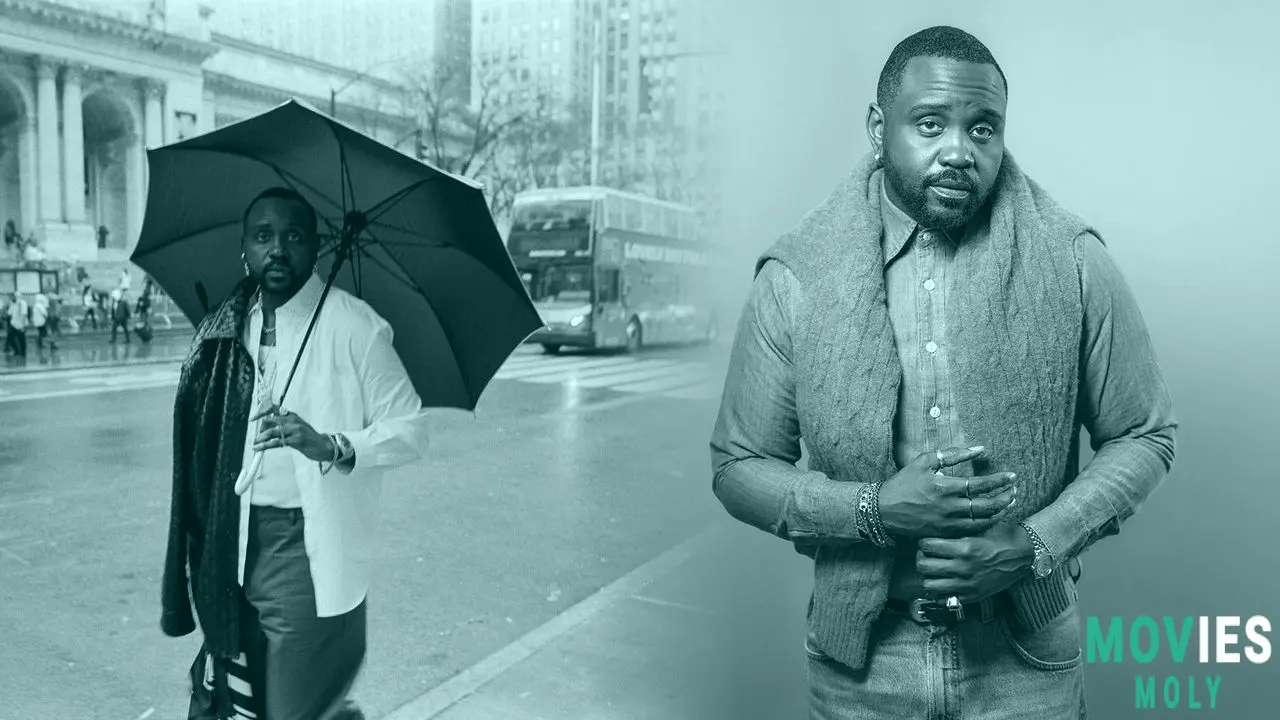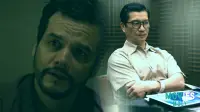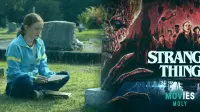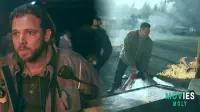By channeling the heartbreak of a fractured past into a gritty urban odyssey, Dope Thief cements itself as one of the most emotionally resonant crime thrillers of recent memory. Apple TV+’s brooding genre series may be closing its first season with a question mark over its future, but the show’s finale — starring a career-defining performance from Brian Tyree Henry — proves it's a knockout regardless of whether it returns.
A Complex Protagonist Pulls Us Deep Into a World of Deception and DesireRay Driscoll isn’t your average anti-hero. Played with magnetic intensity by Henry, Ray is a down-on-his-luck ex-con who coasts on one last grift — posing as a DEA agent with his partner Manny (Wagner Moura) to scam low-level drug dealers. What begins as a shaky hustle spirals into a maelstrom of betrayal, violence, and conspiracy. And through it all, Ray’s internal struggle with trust, trauma, and truth drives the series’ emotional core.
Created by Peter Craig and helmed by Ridley Scott, Dope Thief is more than a crime show. It’s a character study wrapped in a noir glove, and Henry’s portrayal of Ray transforms every tense moment into a personal reckoning. As the finale reveals more about the night that set the series’ chaos in motion, Ray’s journey from desperate manipulator to truth seeker lands with soulful gravity.
Ray and Manny’s Brotherhood Turns Into a High-Stakes Love Story of Survival
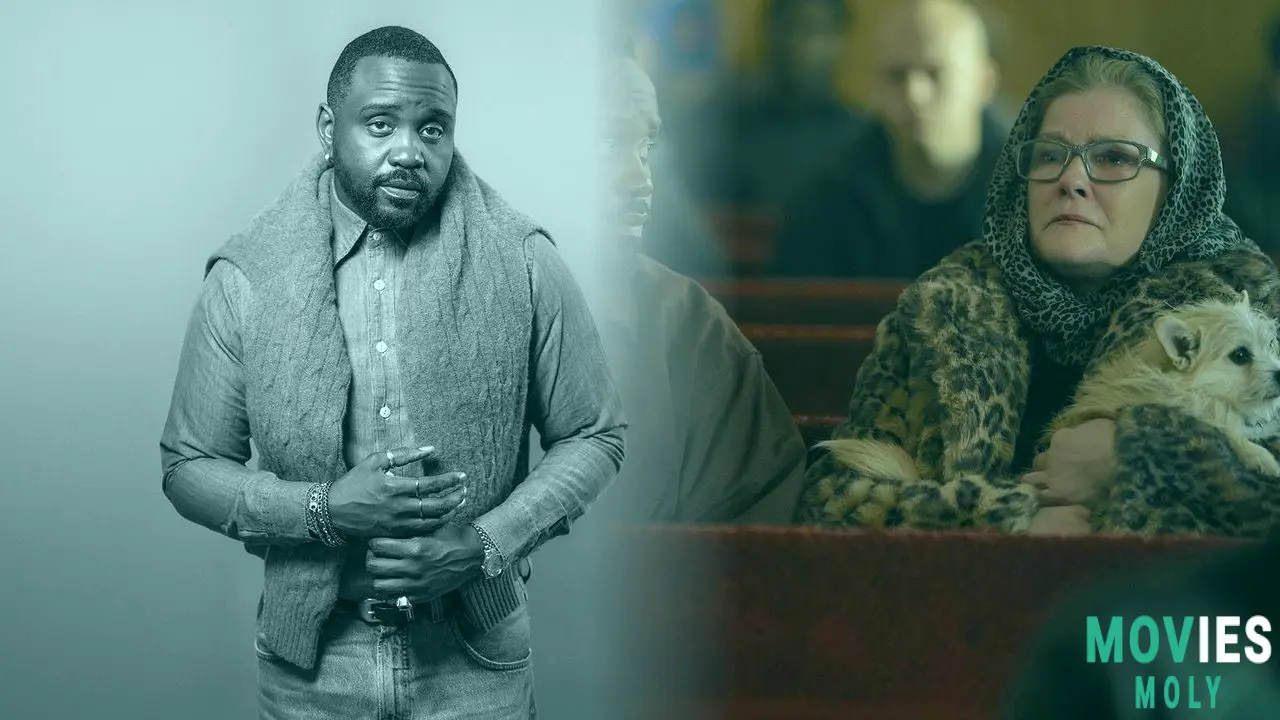
One of the most underappreciated layers of Dope Thief is the relationship between Ray and Manny. TVLine called it an “unlikely alliance,” but in Henry’s hands, it’s nothing short of a full-throated emotional symbiosis. The chemistry between Henry and Moura is palpable — not just in action sequences, but in quiet, fleeting scenes where trust teeters on the edge of collapse.
“Dope Thief is a love story, technically, between these two guys,” Henry said in a recent interview. And he’s not wrong. Their bond — forged in prison, tested on the streets, and shattered by deception — gives the show a rare emotional core. When Manny is compromised, Ray’s world implodes, and the ensuing fallout forces him into an uneasy partnership with rogue agent Mina (Marin Ireland), another character expertly layered between ally and threat.
The Finale’s Bigger Reveal Only Deepens the Show’s Moral Grayness
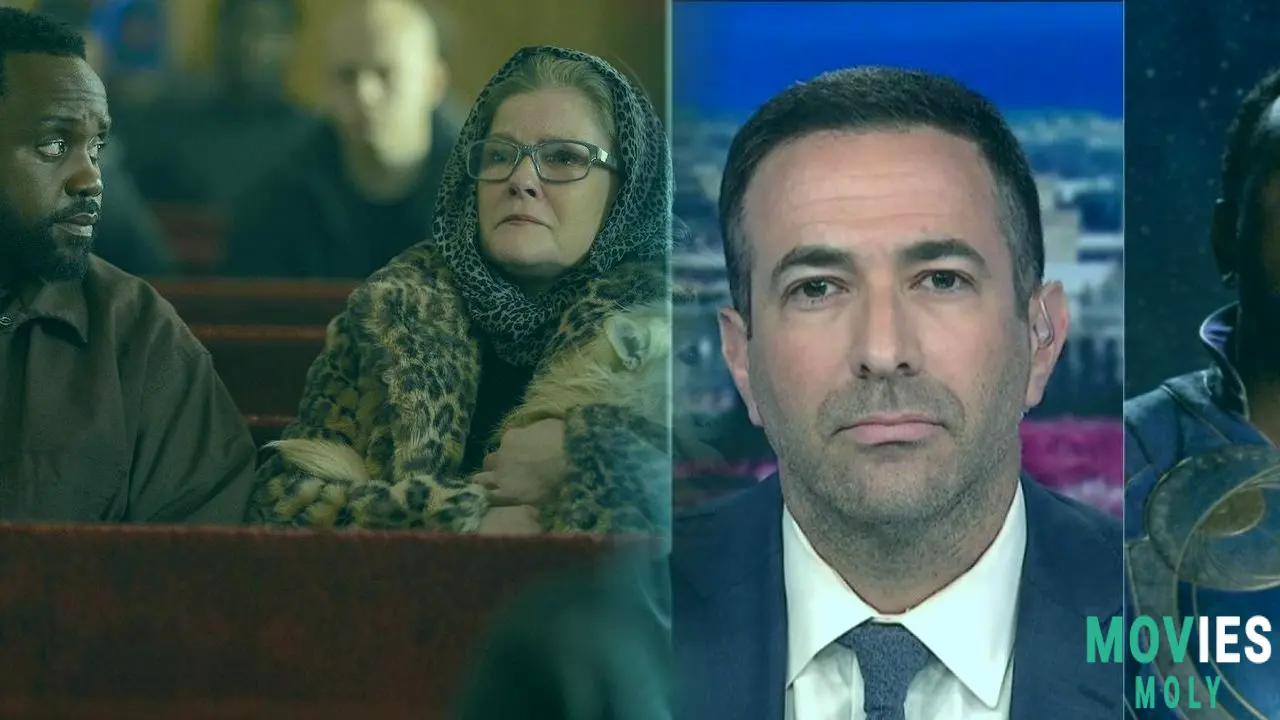
The season-long mystery of who set up Ray and Manny doesn’t just get answered — it flips the entire narrative on its head. Without giving too much away, the identity of the mastermind behind the setup is as shocking as it is thematically fitting. It’s a twist that doesn’t just serve plot, but deepens the show's exploration of systemic corruption and personal vendettas.
The final showdown is as suspenseful as it is emotionally charged, with Ray not only fighting for his survival, but for agency over a life that’s been manipulated at every turn. It’s a climax that feels earned, not just in terms of action, but in character evolution. Ray doesn’t just come clean — he comes alive.
Brian Tyree Henry’s Performance Is a Masterclass in Emotional Nuance
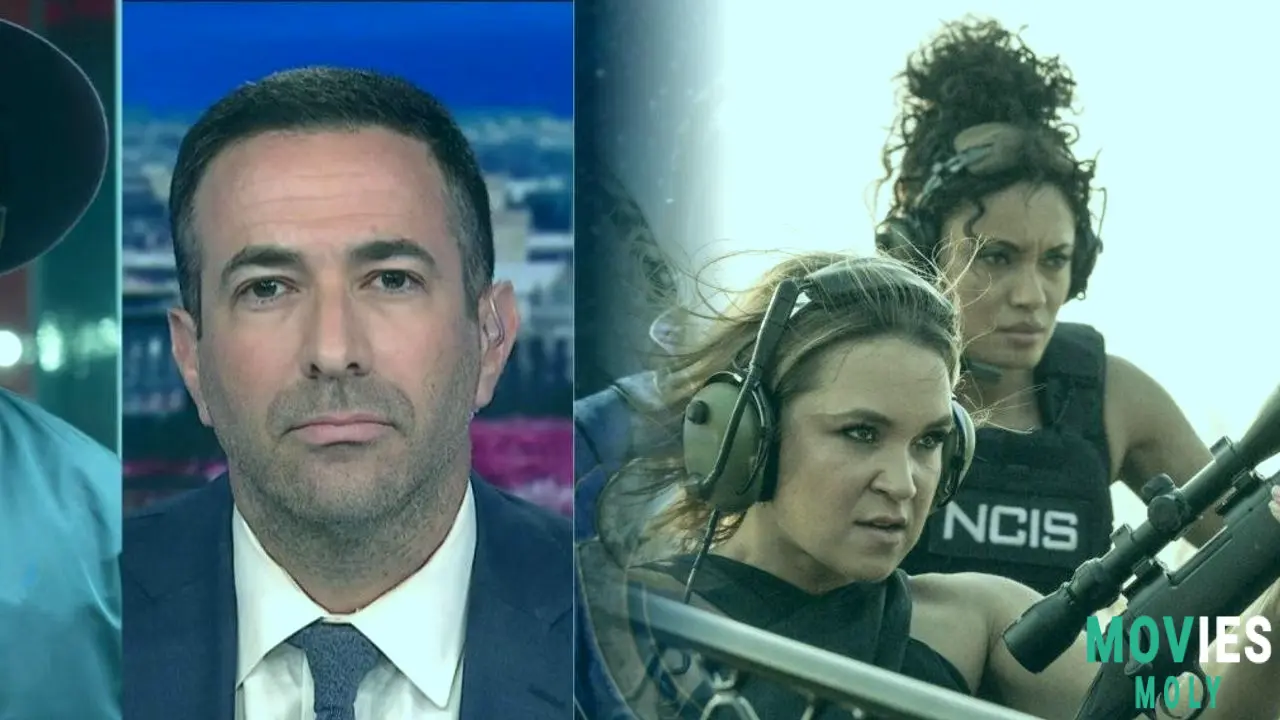
If Dope Thief is functioning at this level, it’s because of Henry. More known for his roles in Atlanta and Bullet Train, Henry brings a world of experience and emotional intelligence to Ray. His background in theater is evident in every line, every glance, every moment of controlled fury. This is a man who doesn’t just deliver dialogue — he inhabits it.
Henry’s connection to the character is deeply personal. Like Ray, he grapples with absent father figures, troubled pasts, and the search for redemption. Filming Dope Thief shortly after the death of his own mother and during the writers’ strike, Henry used the role as a conduit for healing. Scenes with Ray and his father — played hauntingly by Ving Rhames — mirror Henry’s own emotional journey back into parental trauma and, ultimately, acceptance.
“They took care of me,” Henry said about the cast and crew during the emotional shoot of Episode Six. “They knew exactly between takes to check on me.” It’s that kind of emotional authenticity that elevates Dope Thief from gritty noir to soul-bearing drama.
Philadelphia Isn’t Just a Setting — It’s a Character in Ray’s Story
Shot on location in Philly, Dope Thief grounds its high-stakes storytelling in real neighborhoods, real streets, and real lives. Henry’s commitment to staying anchored in the city during the strike speaks to how important place is to the narrative. For Ray, Philly is home — messy, loving, claustrophobic, and inescapable. It’s where he comes from, where he hurts, and where he hopes to find some kind of truth.
Just like Henry’s Paper Boi persona in Atlanta, Ray is a product of environment and experience. And the show never lets that relationship with place become cliché. Instead, it embraces it, making every alleyway and apartment feel like a part of Ray’s internal world.
Even If It Doesn’t Return, Dope Thief Leaves a Lasting Mark
Unfortunately, the Friday exile and uncertain renewal status mean Dope Thief may not get the audience (or lifetime) it deserves. But if this season is all we get, it’s more than enough. With a tone, performance, and storytelling caliber that rivals shows like Barry and True Detective, Dope Thief finishes its run on a high note — one that’s messy, meaningful, and impossible to ignore.
In a genre saturated with swagger and undercut with clichés, Dope Thief dares to be vulnerable. And in Ray Driscoll, Brian Tyree Henry gives us a hero — flawed, broken, and searching — worth watching every step of the way.

